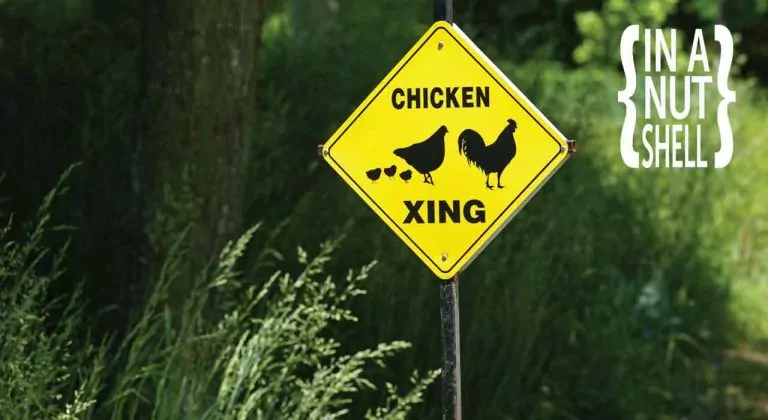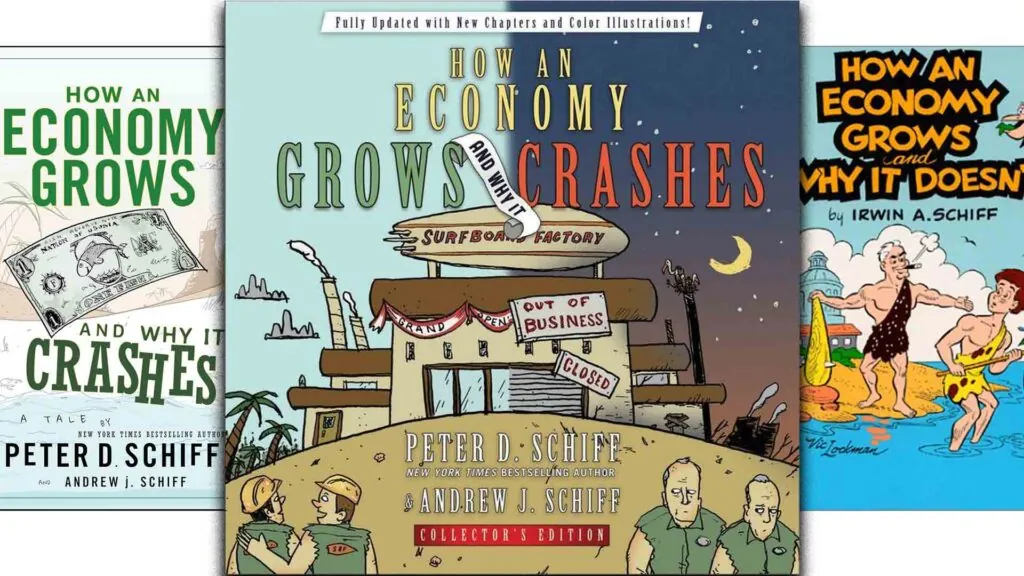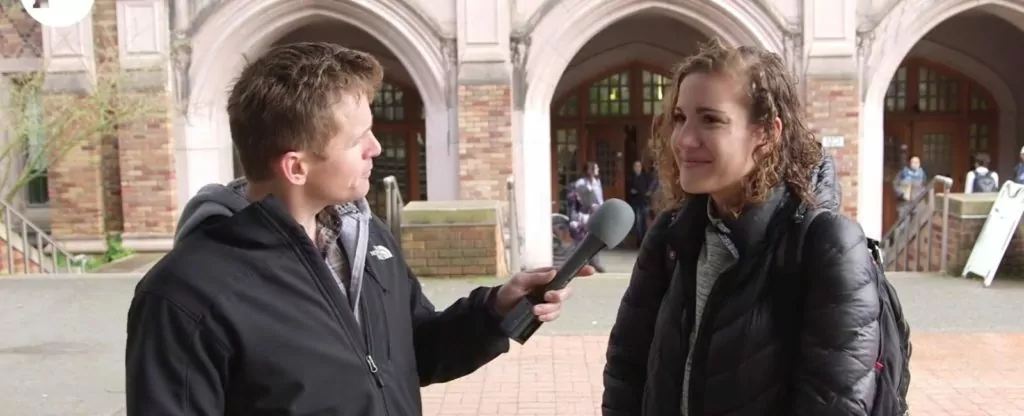Why did the _____ cross the road?
One of the wonderful things about children is that they are a new audience. Dads, they haven’t heard any of your material before – they don’t know why the chicken crossed the road!
Another wonderful thing? They love to riff off of mom and dad, so if you get the jokes started, they may just take them places you’ve never been. Here’s a few selections from the Dykstra joke factory, starting with the classic that spawned all the rest. (What can you add?)
- Why did the chicken cross the road? To get to the other side.
- Why did the cow cross the road? To get to the mooooooovie theater.
- Why did the horse cross the road? – To visit his neighbor
- Why did the lamb cross the road even though his momma said not to? – Because he was being baaaaaaad
- Why didn’t the possum cross the road? – He tried but he died.
- Why did the child cross the road? – To get to the other slide
- Why did his momma cross the road? – To get to her child who cried.
- Why did the unborn baby cross the road? – She was along for the ride.
- Why did the donut cross the road? – I donut know
- Why did Benedict Arnold cross the road? – To switch to the other side.
Chesterton on valuing tradition and all those who have gone before us
“Tradition means giving votes to the most obscure of all classes, our ancestors. It is the democracy of the dead. Tradition refuses to submit to that arrogant oligarchy who merely happen to be walking around.” – Orthodoxy
On the difference between Liberals and Conservatives
“The whole modern world has divided itself into Conservatives and Progressives [Liberals]. The business of Progressives is to go on making mistakes. The business of the Conservatives is to prevent the mistakes from being corrected.”
– G. K. Chesterton
When does a thief stop being a thief? It’s not when he stops stealing!
“The old child’s joke, ‘When is a door not a door?’ Answer: ‘when it is ajar’ is not funny….No, not funny, but quite useful as a paradigm. Run it this way: When is a not a ? When it’s a . Ah, now we have something. Just fill in the blanks. When is a liar not a liar? When is a thief not a thief? If your answers were “When he stops lying” and “When he stops stealing,” you’d be wrong.
“The true answers are found in Ephesians 4. There you see that the liar is no longer a liar only when he becomes a truth teller. The thief is no longer a thief only when he works for a living and gives from his earnings to those who are truly in need.
“You see, until he puts on the alternative lifestyle, he is a liar who doesn’t happen to be lying at the moment. But put him under pressure and he will still lie. The thief is still a thief when he isn’t stealing — he’s just a thief between “jobs.” He will still steal when given the opportunity. This is why biblical counselors believe in the put off/put on dynamic of Ephesians 4, Colossians 3 and elsewhere.”
– Jay Adams in a February 24, 2009 post (reprinted here with permission)
Charles Spurgeon on discernment
“Discernment is not knowing the difference between right and wrong. It is knowing the difference between right and almost right.”
What is socialism?
“Let’s first define the term socialism…. Socialism isn’t happy thoughts, nebulous fantasies, mere good intentions, or children sharing their Halloween candy with one another. In a modern political, economic, and social context, socialism isn’t voluntary like the Girl Scouts. Its central characteristic is the concentration of power to forcibly achieve one or more (or usually all) of these purposes: central planning of the economy, government ownership of property, and the redistribution of wealth. No amount of ‘we do it all for you’ or ‘it’s for your own good’ or ‘we’re helping people’ rhetoric can erase that. What makes socialism socialism is the fact that you can’t opt out, a point eloquently made here by David Boaz of the Cato Institute:
‘One difference between libertarianism [a personal choice and liberty-based system] and socialism is that a socialist society can’t tolerate groups of people practicing freedom, but a libertarian society can comfortably allow people to choose voluntary socialism. If a group of people – even a very large group – wanted to purchase land and own it in common, they would be free to do so. The libertarian legal order would require only that no one be coerced into joining or giving up his property.’
“Government, whether big or small, is the only entity in society that possesses a legal monopoly over the use of force. The more force it initiates against people, the more it subordinates the choices of the ruled to the whims of their rulers – that is, the more socialist it becomes. A reader may object to this description by insisting that to ‘socialize’ something is to simply ‘share’ it and ‘help people’ in the process, but that’s baby talk. It’s how you do it that defines the system. Do it through the use of force, and it’s socialism. Do it through persuasion, free will, and respect for property rights, and it’s something else entirely.”
– Lawrence W. Reed, in Rendering to Caesar: Was Jesus a Socialist?











